You can excuse the DLP if it did not care to read the ‘National Strategic Plan 2005-2025. But Goal #6 of that document speaks, in part, to: “Branding Barbados Globally.” When you read it, you begin to understand why the demise of a Barbadian brand like Almond, is a national scandal. I suppose the same can be said about the DLP’ reluctance to spend a puny US$500,000 to save a $80m Rum Industry, which will result in “a-310-year-old-company” leaving Barbadian hands for the first time in its history.
Of all people, the BLP, which is responsible for the “National Strategic Plan Document,” should understand that the issue of “Sandals” – is more than the quantum of concessions or what is contained in some MOU, especially since the same National Strategic Plan sought “to continue consolidating the country’s international image, particularly on account of political stability, educational quality, democratic governance and good leadership.”
I do not know that the present Barbados Cabinet and Government – are showing good leadership on tourism right now” because “Almond” is a Barbadian-home-grown-international-families-brand,” which was on par (in the view of many) with Sandals, which is nothing more than a Jamaican home-grown-international-families-brand. That makes Ralph Taylor, the equivalent of the Jamaican Butch Stewart.


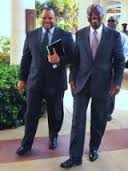



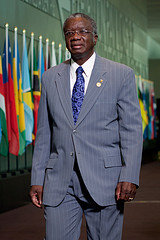











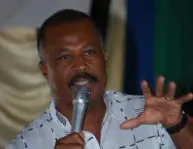
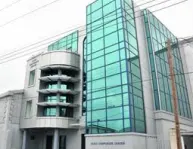


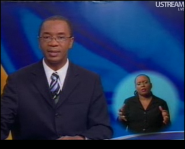




You must be logged in to post a comment.